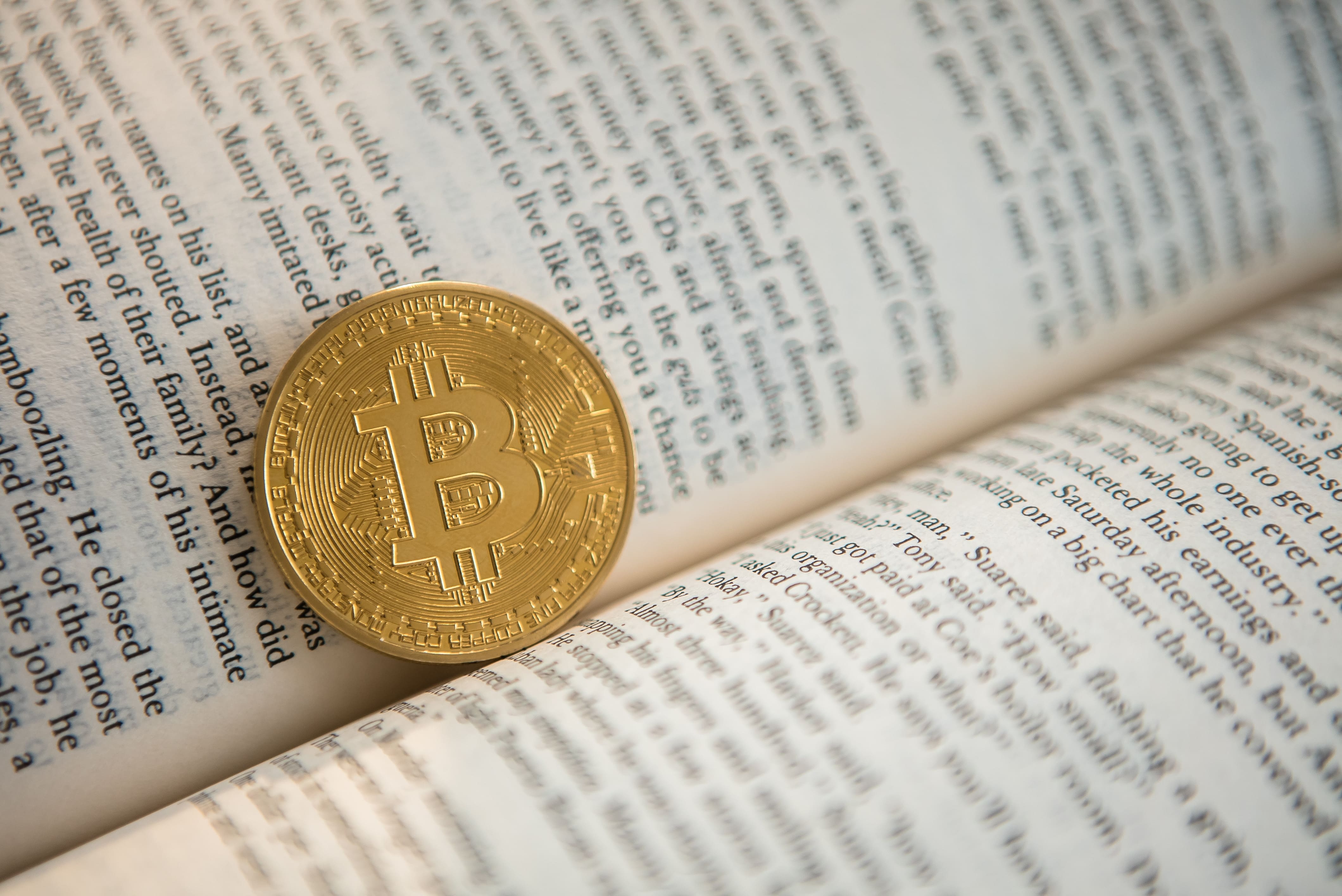Use “blockchain” model to cut small firms’ costs and empower citizens, urge MEPs

Applying the “blockchain” model to areas like energy use, supply chains and governance would cut costs for firms and empower citizens, said the Industry Committee.
Blockchain transactions are recorded by multiple users, rather than by paid – and often costly – intermediaries. The model is currently best known for underpinning the functioning of digital currencies, such as Bitcoin.
The committee approved recommendations on how to apply the blockchain model elsewhere, so as to cut intermediation costs for small firms, empower citizens and enable the EU to become a global leader in this field.
It is not all about Bitcoin
Citizens could use blockchains to gain full control of their own data and decide what to share, and small firms and innovative start-ups could use them to cut intermediation costs and ensure that transactions are executed efficiently, the approved text says.
MEPs advocate applying the blockchain model to areas such as energy consumption, health care, supply chains, transport, finance and the creative industries.
For example, the model could help to:
- monitor the origin of goods, offering greater certainty that, e.g., diamonds are ethically sourced, clothes are not made in sweatshops and a bottle of champagne comes from Champagne,
- “democratize” the energy market, by enabling households that produce energy to exchange and consume it without the need to pay an intermediary agency, and
- create records such as land registries, birth certificates and business licences with less dependence upon lawyers, notaries and government officials.
